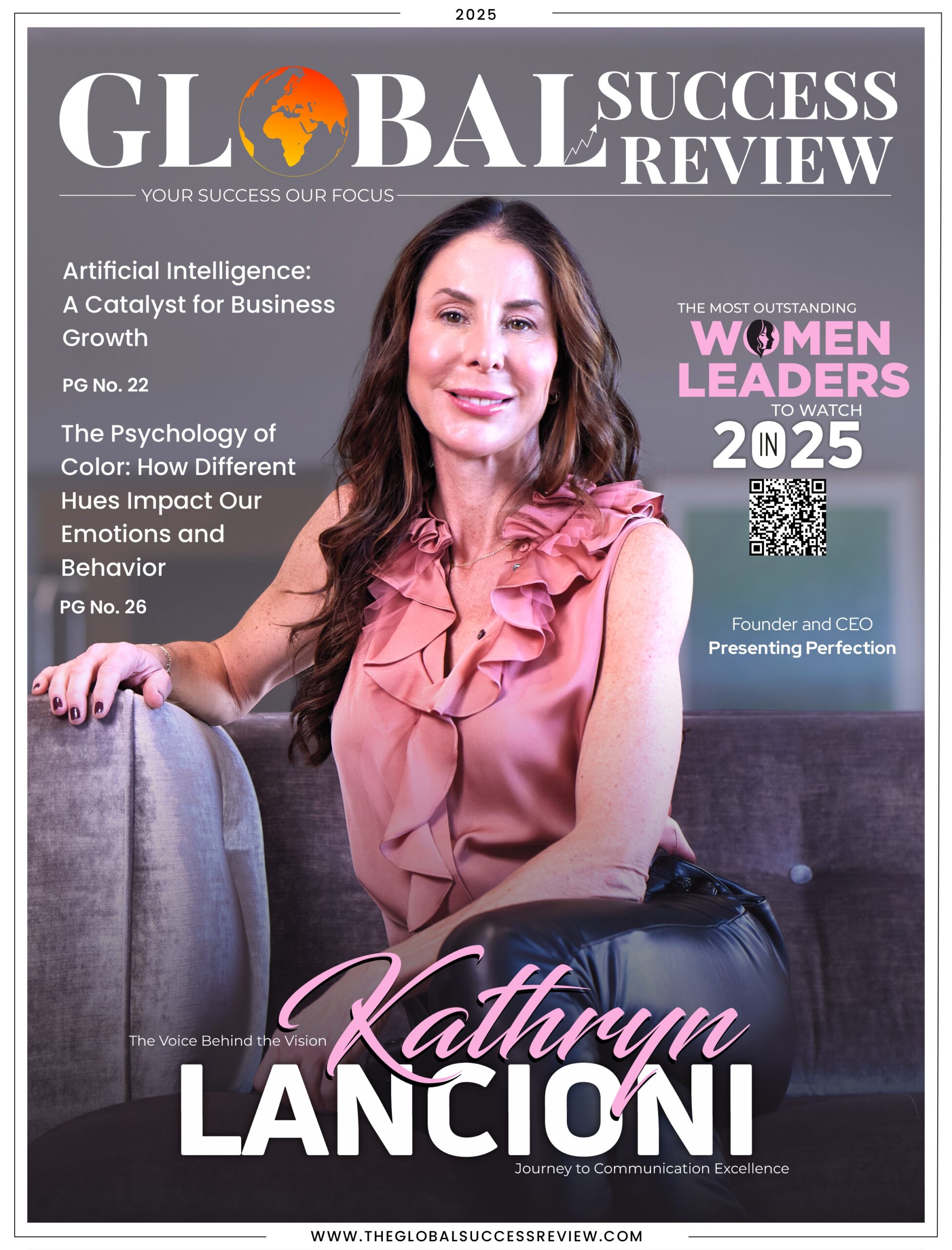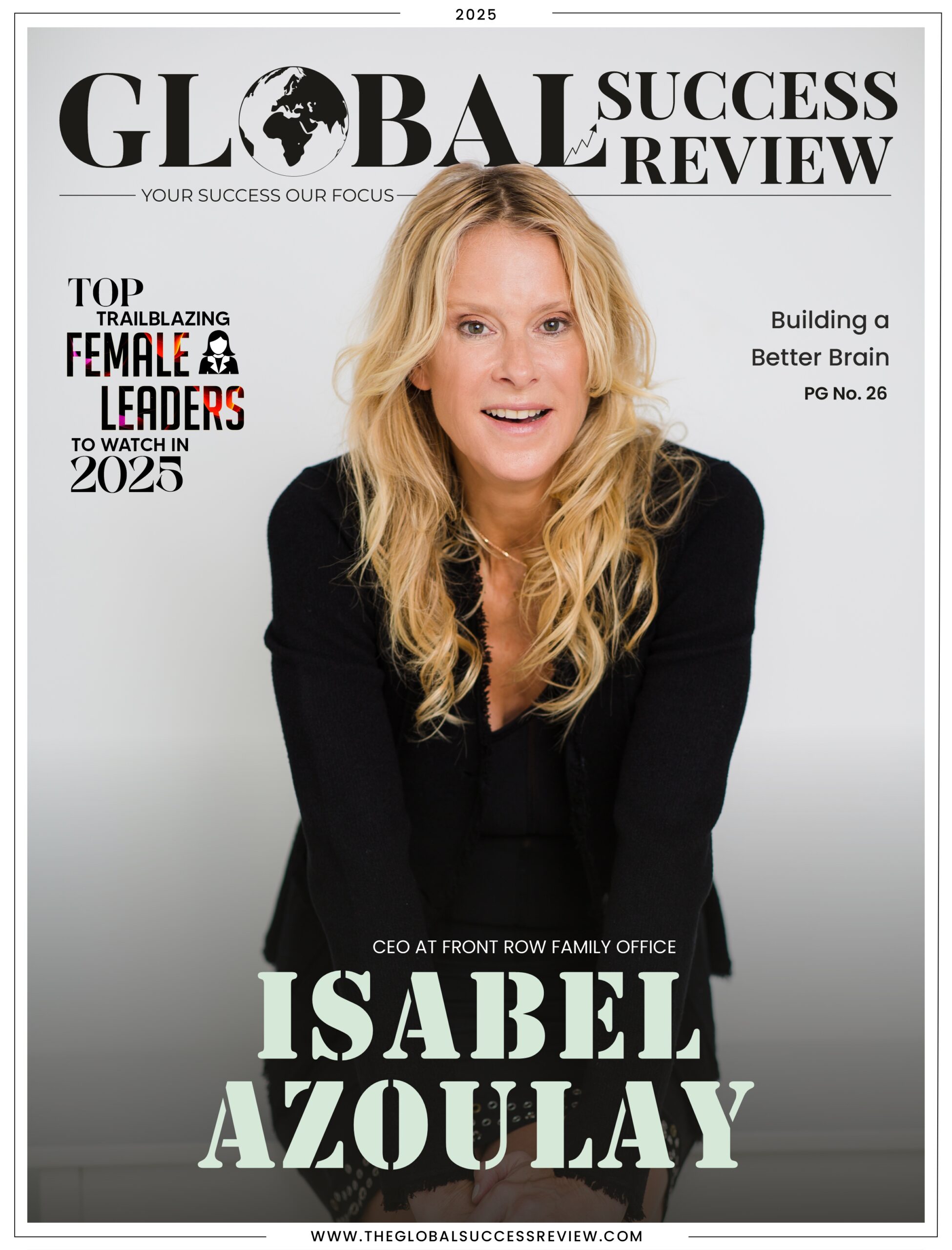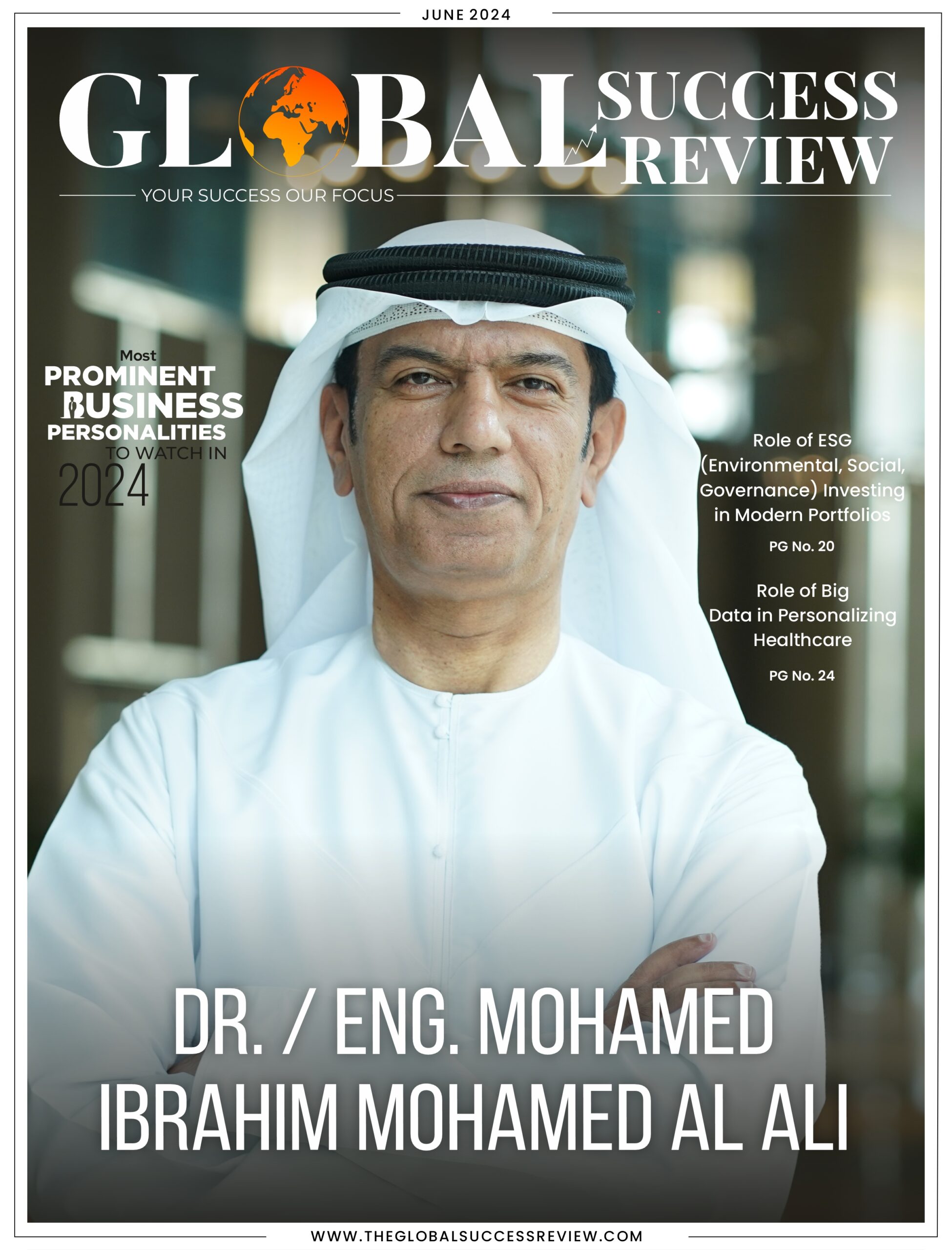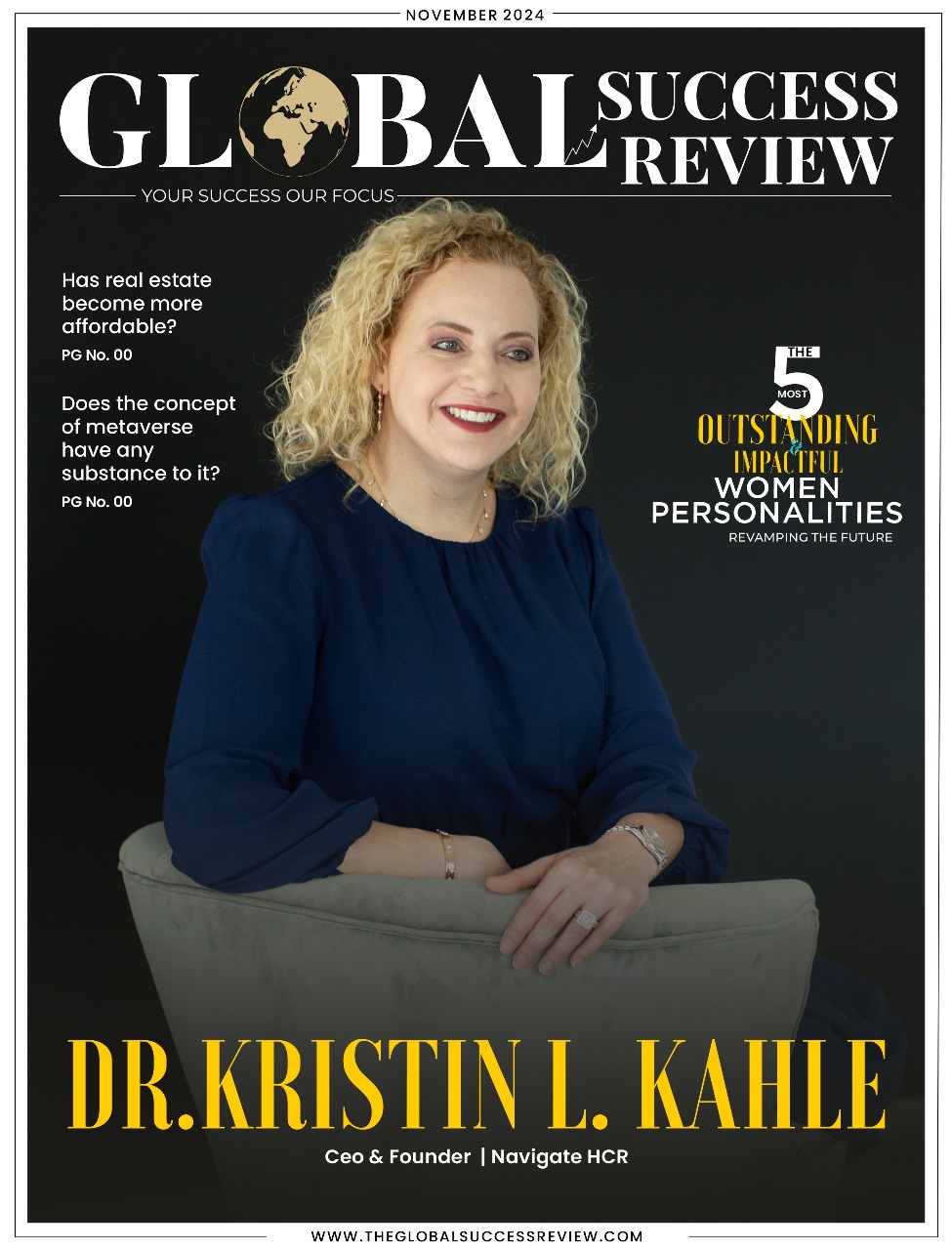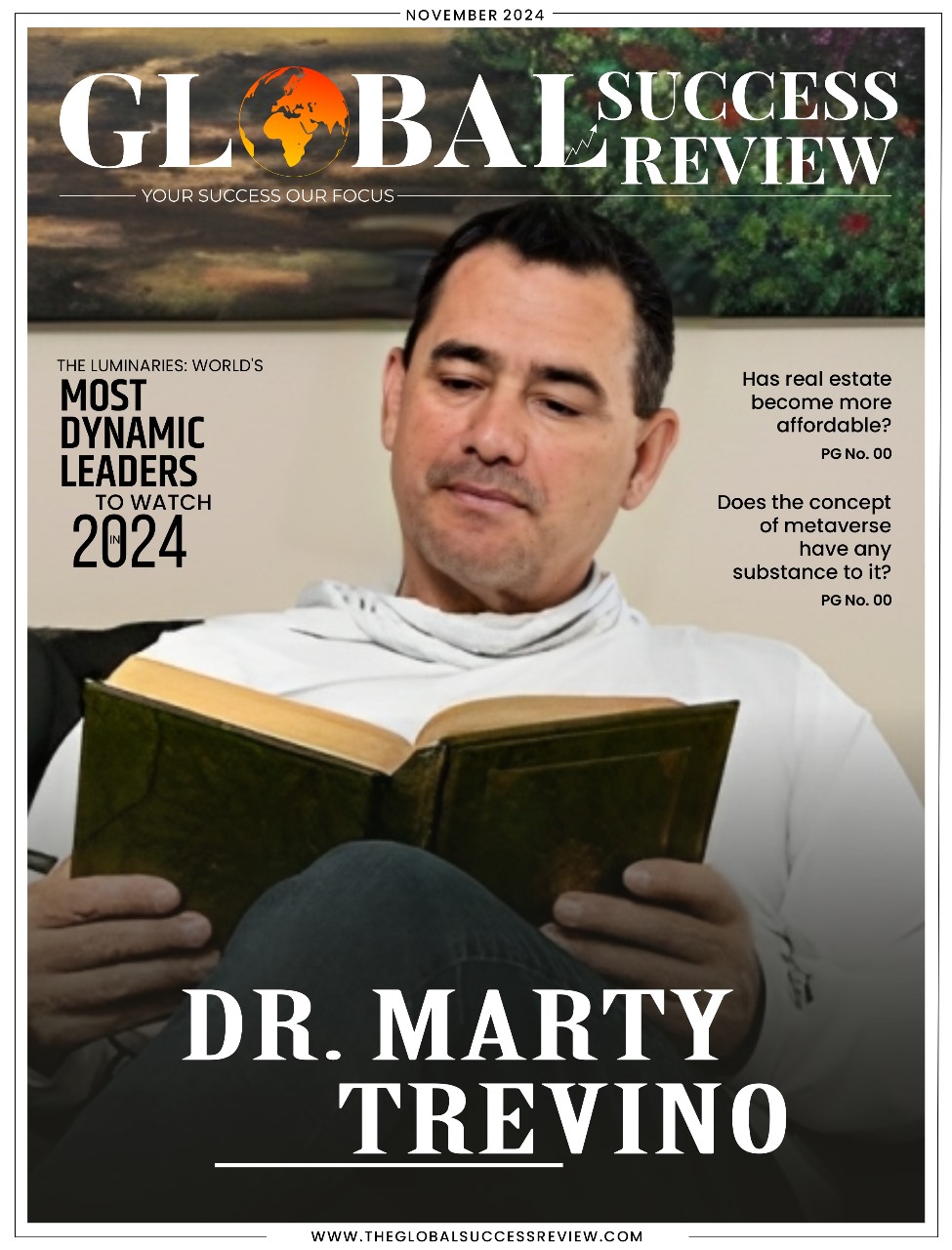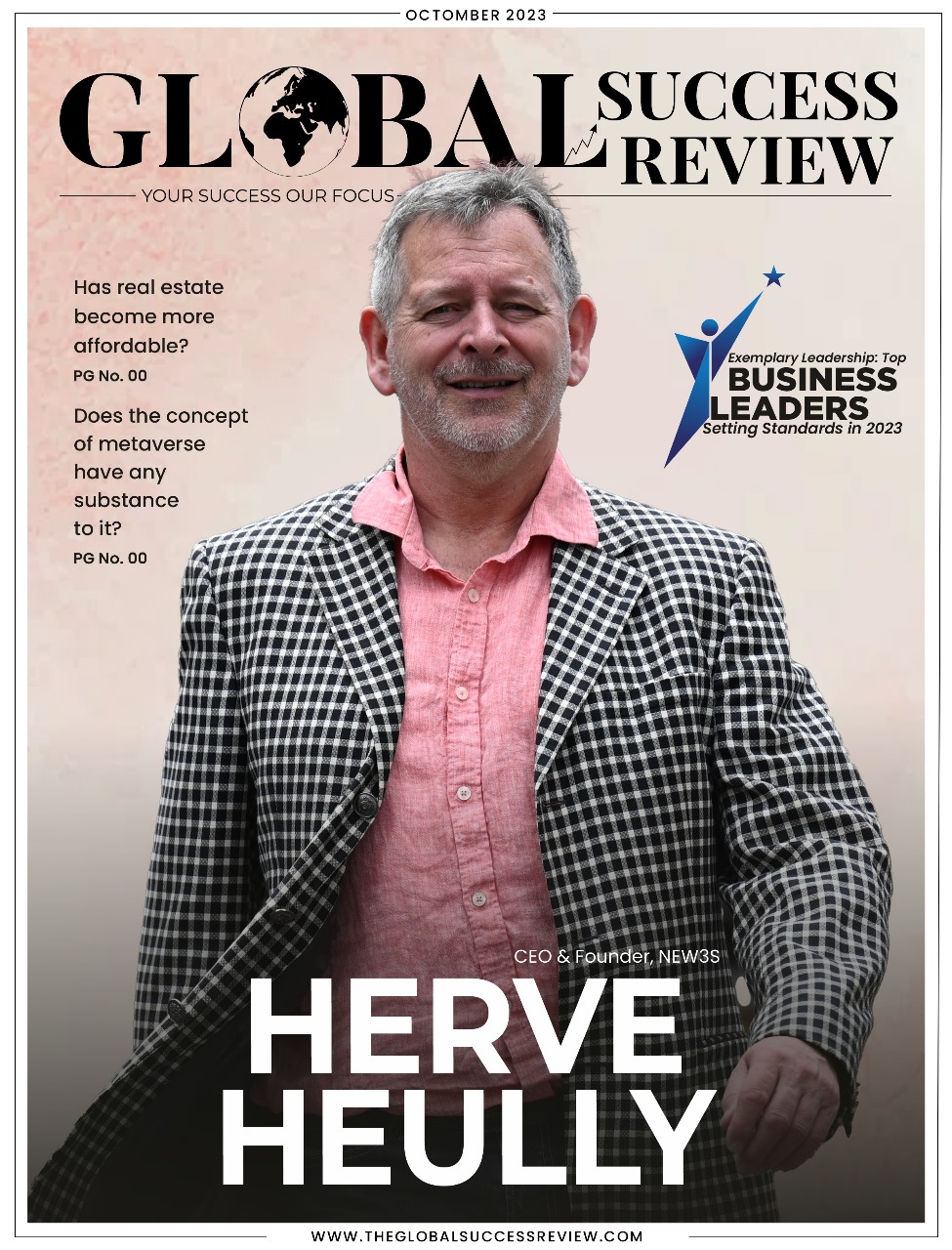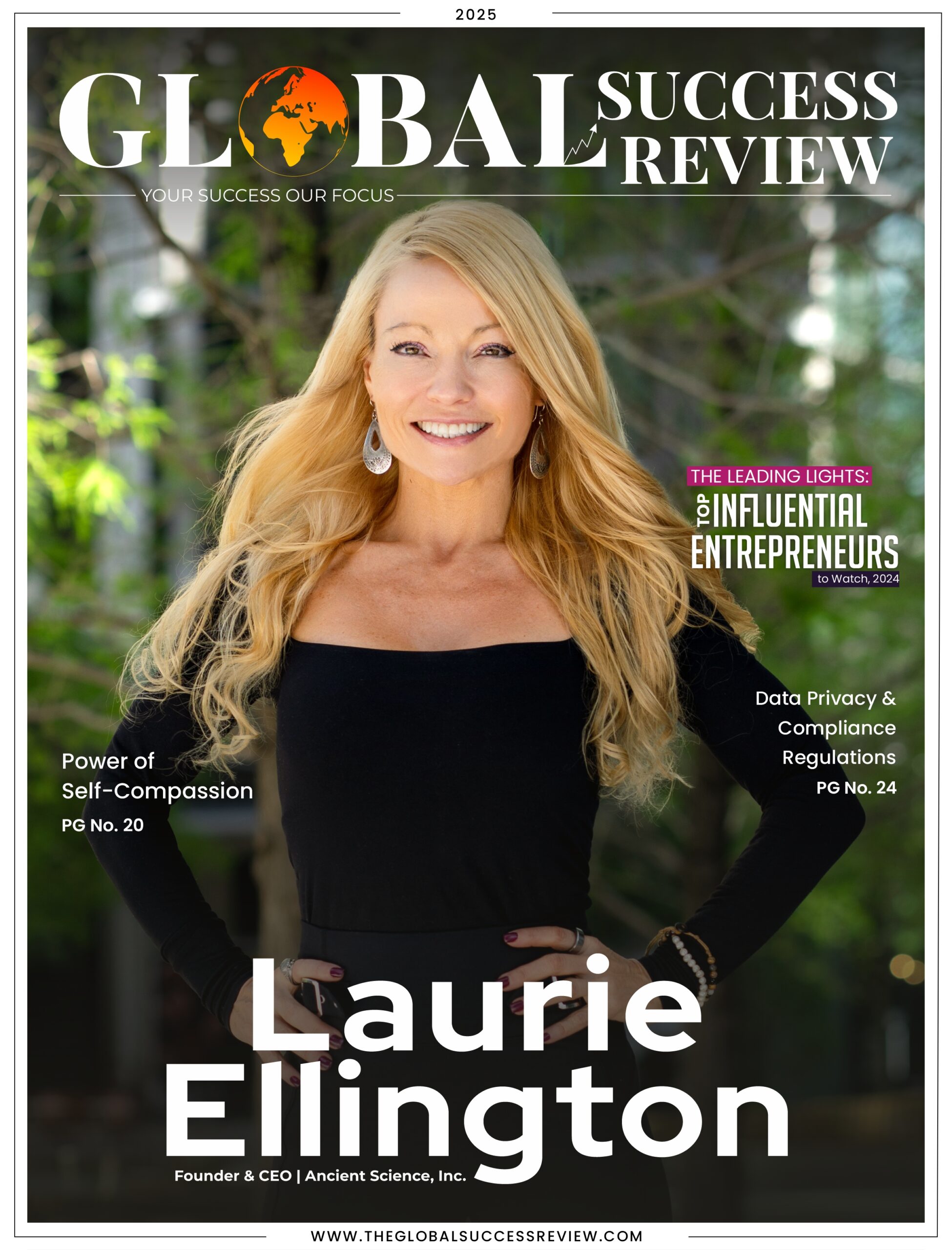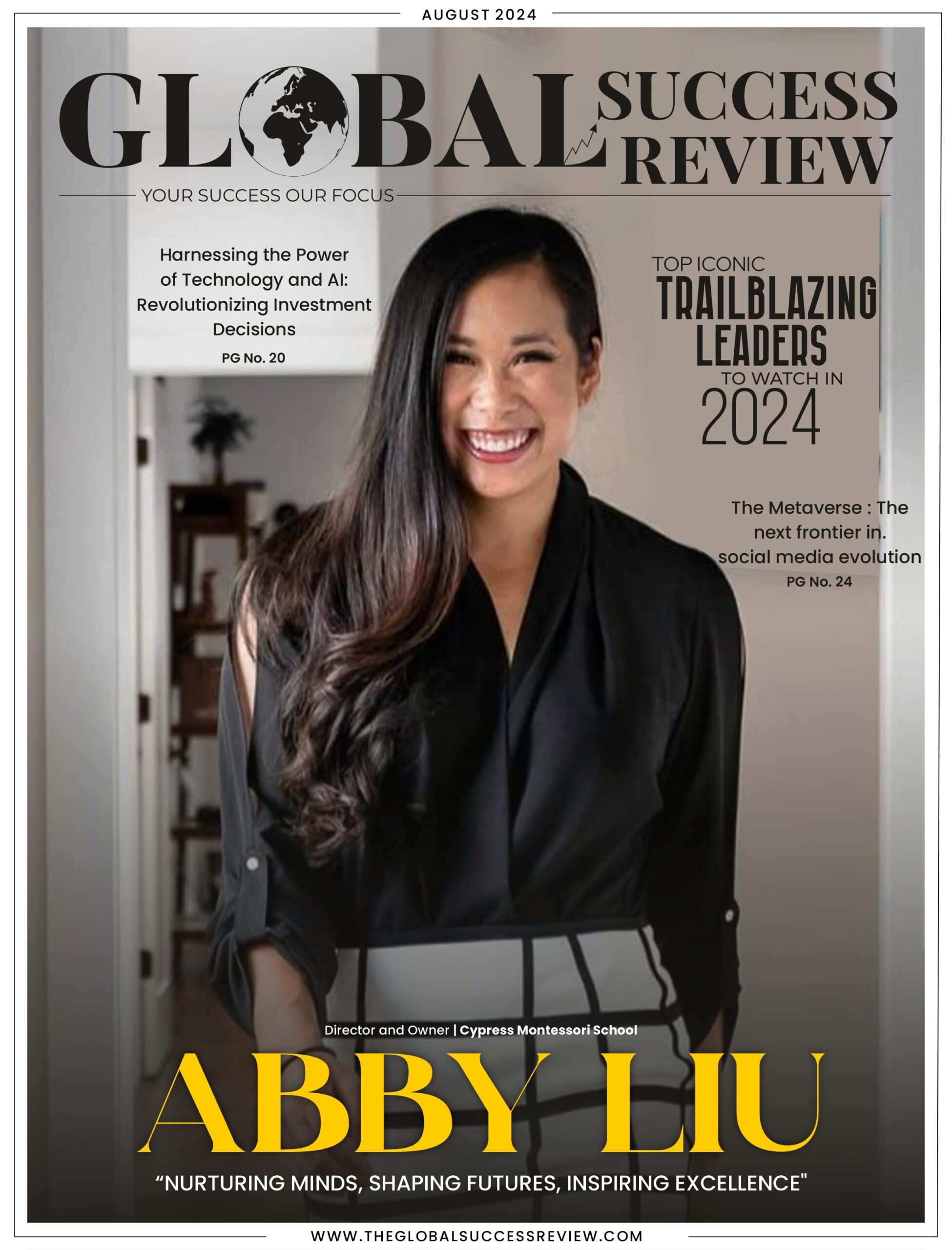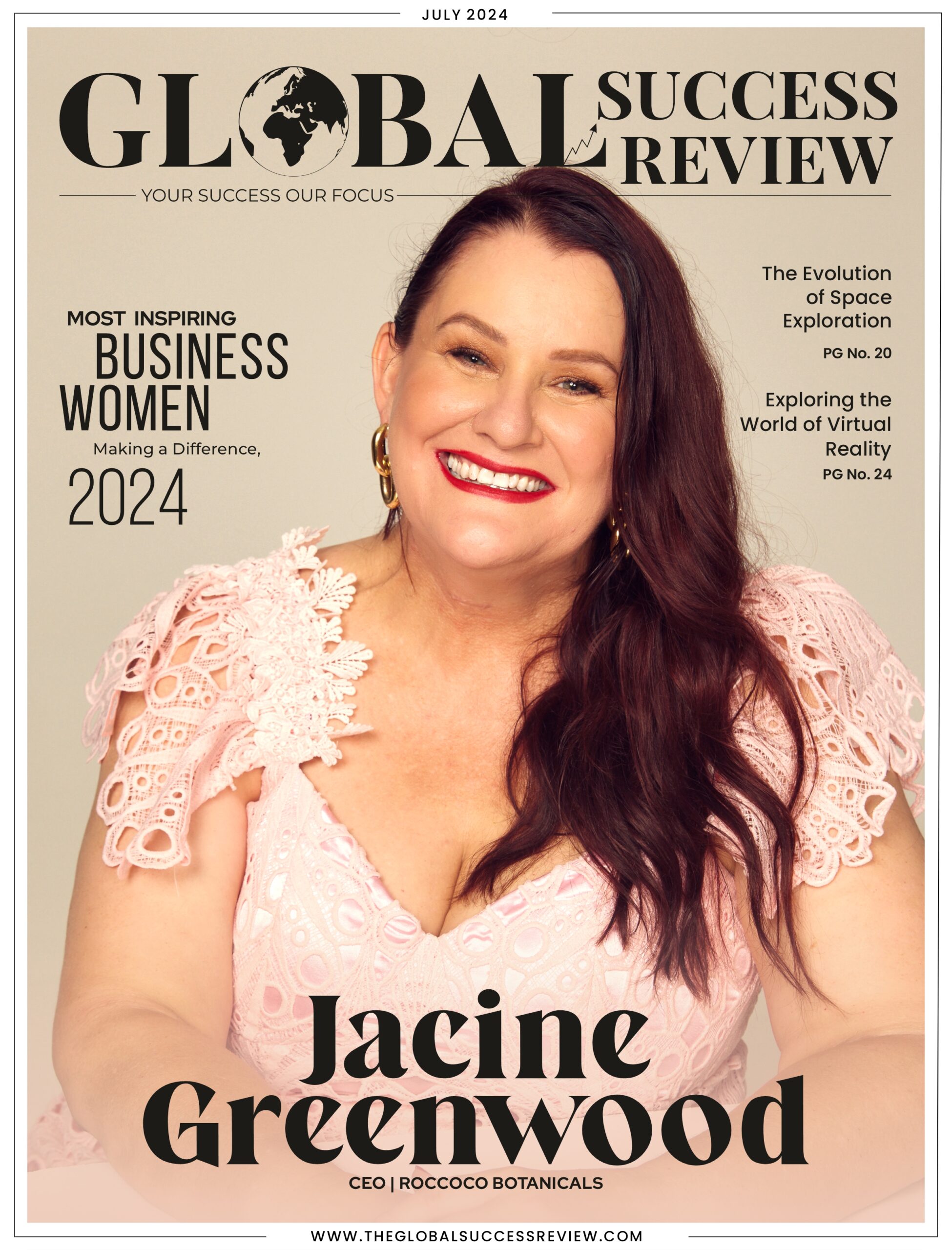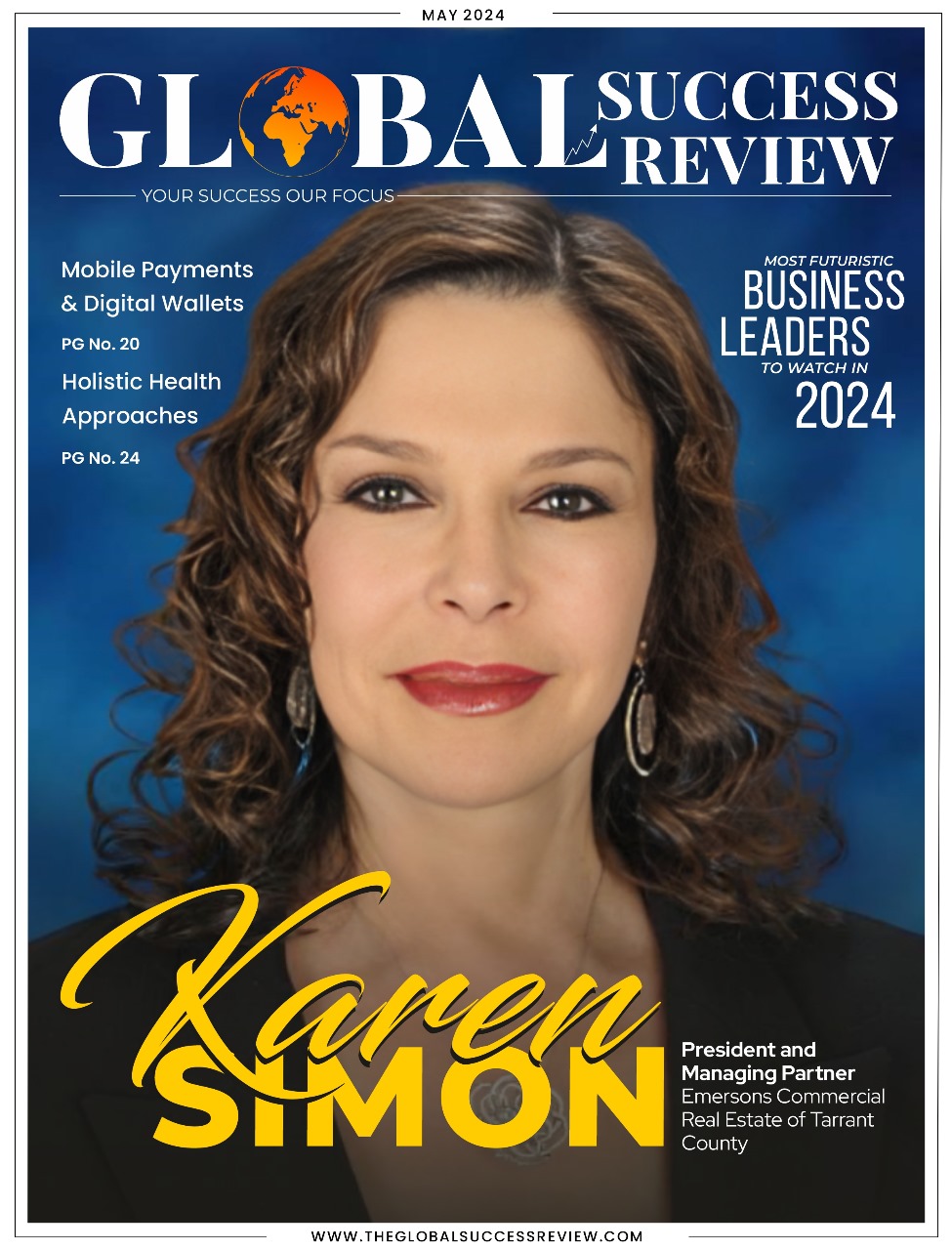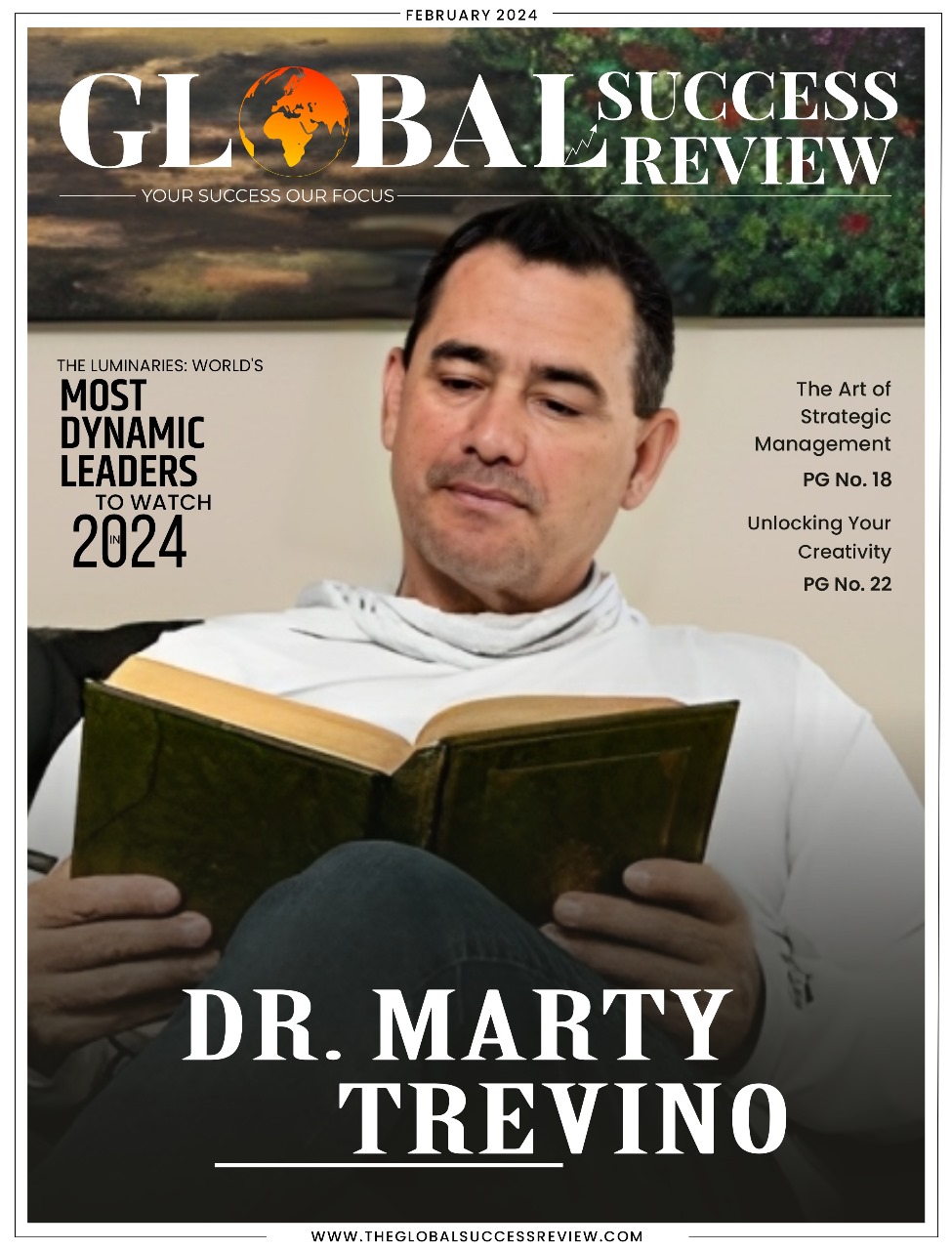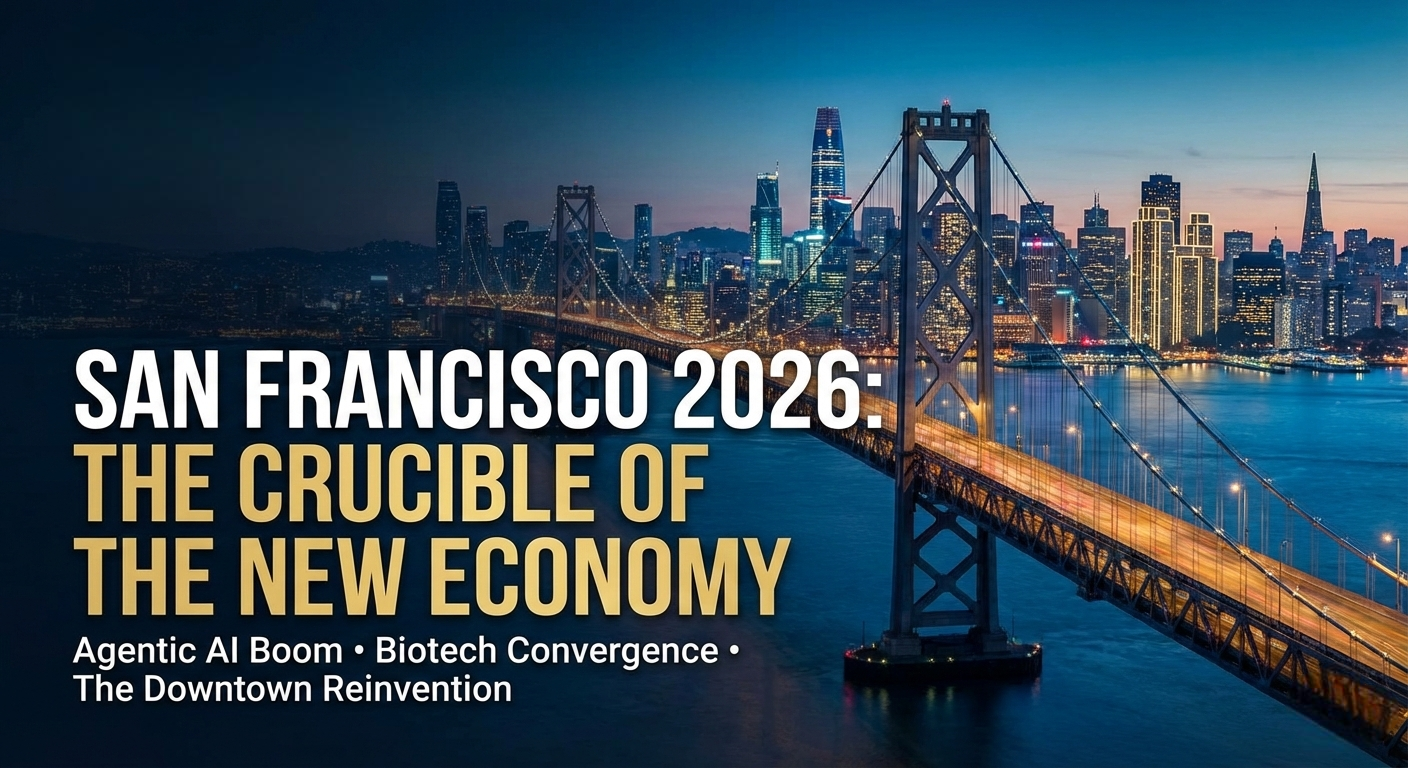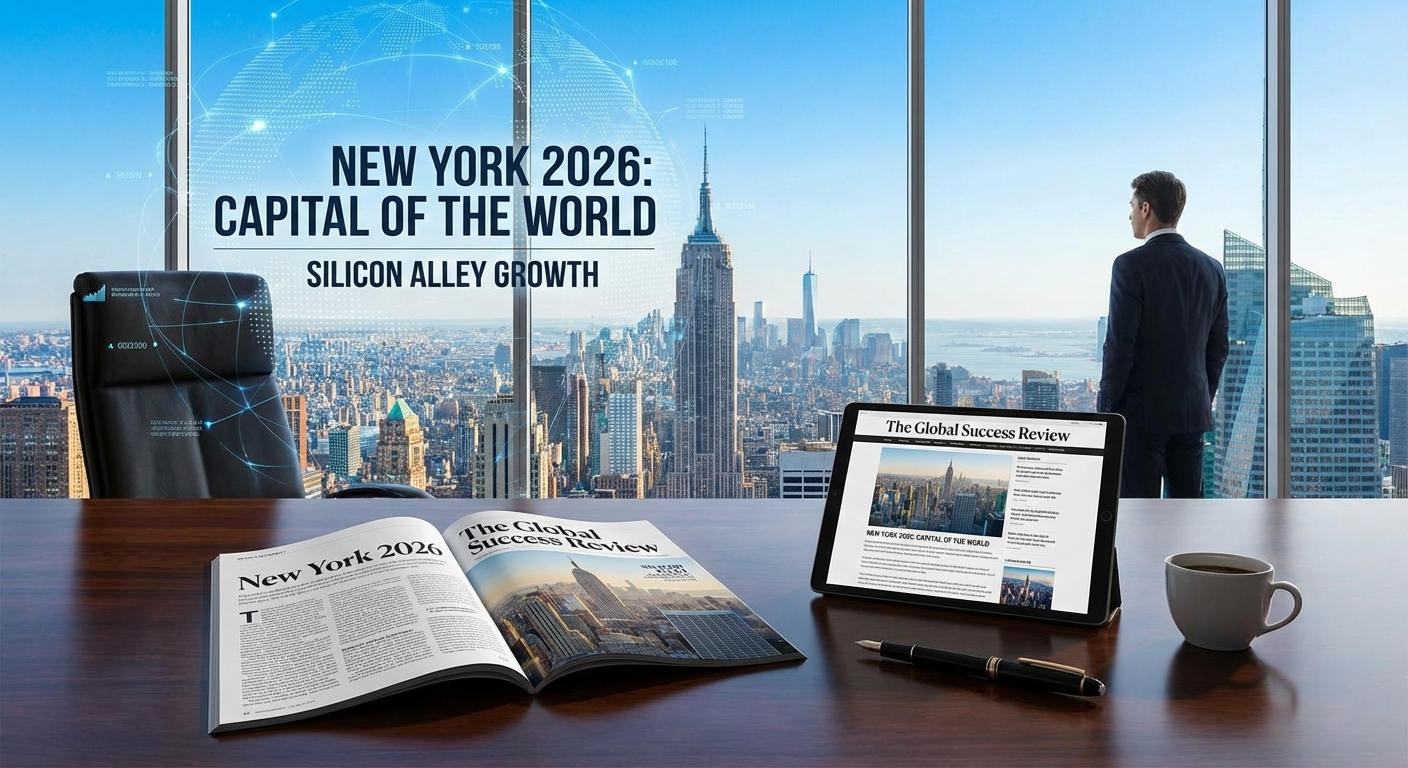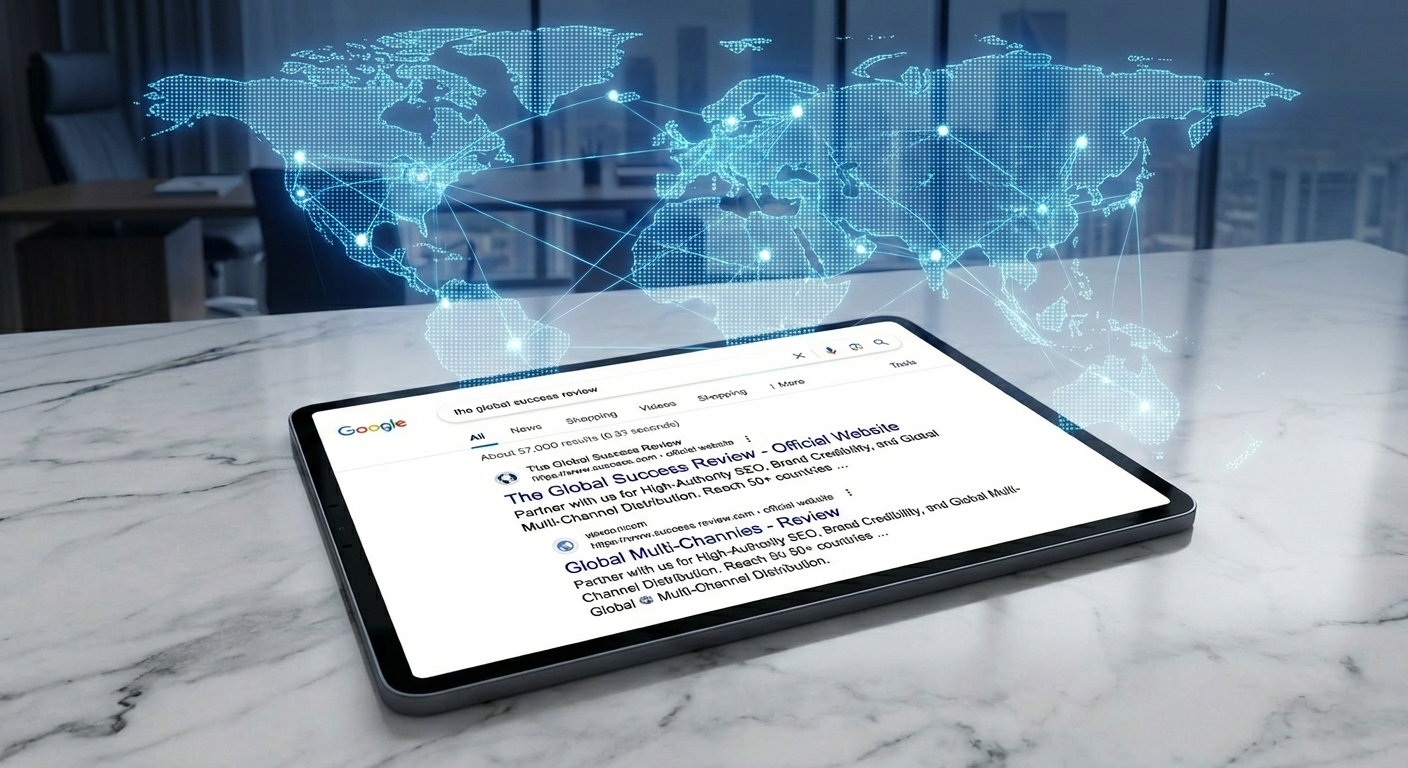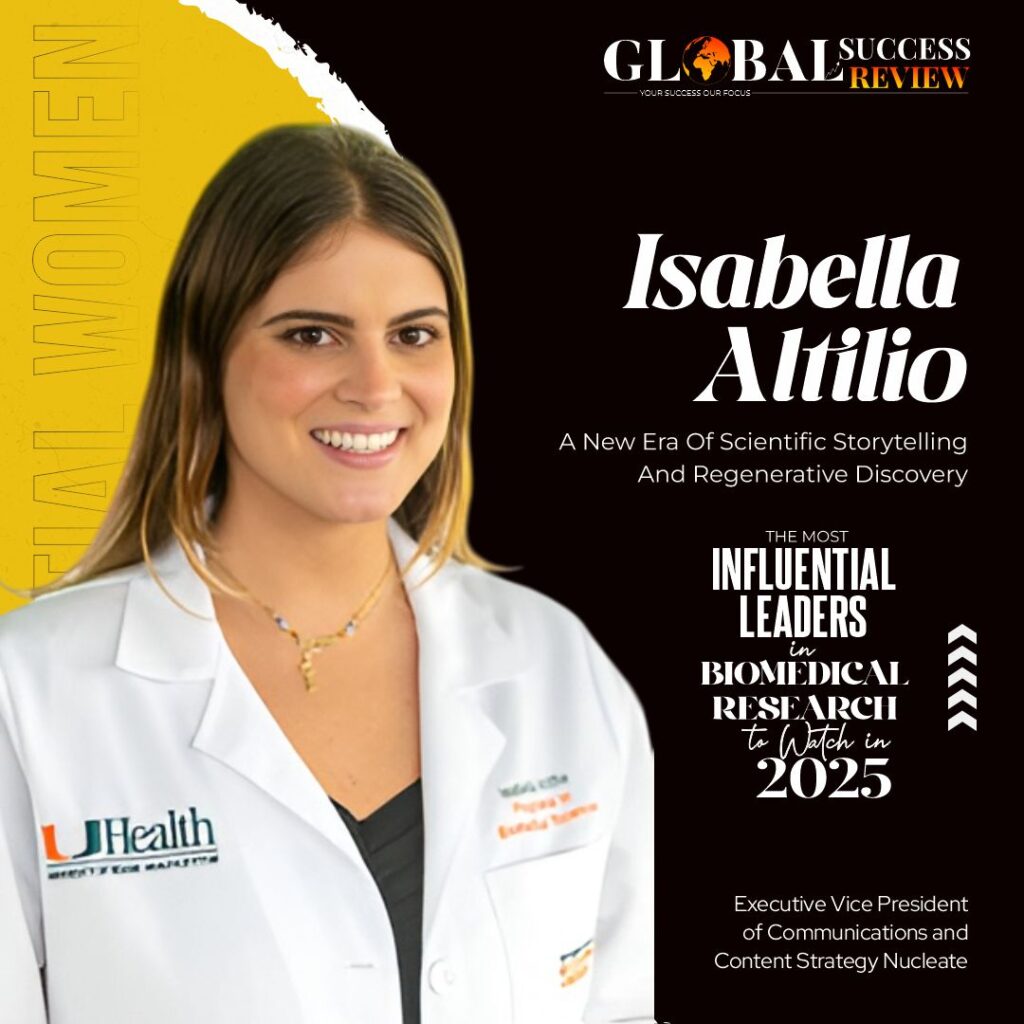In a rapidly transforming world where science and society intersect more deeply than ever, the power of communication has become as critical as the discoveries themselves. At the heart of this transformation stands Isabella Altilio, a scientist and communicator redefining how innovation is shared, understood, and mobilised. As the Executive Vice President of Communications and Content Strategy at Nucleate, Altilio bridges the worlds of research and leadership with rare depth, blending scientific rigour with the art of narrative connection.
Her story begins far from the global stages of biotechnology. Born and raised in Venezuela, Altilio’s fascination with the body’s capacity to heal emerged from lived experience. “Growing up, I saw how chronic diseases like diabetes devastated families and communities,” she recalls. “The lack of accessible treatments planted an early question in my mind: why can’t the body heal itself the way it once did?” That question would later guide her to the University of Miami, where she is pursuing a PhD in Molecular Cell and Developmental Biology under the mentorship of Dr Juan Domínguez-Bendala at the Diabetes Research Institute.
Today, Altilio stands at the crossroads of innovation and influence, an emerging leader not just in the lab, but in the movement to democratize science for global good.
From Curiosity to Impact: A Journey Rooted in Discovery
Altilio’s early academic path was fuelled by more than curiosity; it was a mission. Her doctoral research centred on beta-cell regeneration, exploring how the pancreas might one day heal itself, a pursuit that could transform treatment for millions living with diabetes. “Over time, my curiosity evolved into a deeper commitment to translational impact,” she explains. “It wasn’t enough to discover mechanisms in the lab, I wanted to find ways to bring them closer to patients.”
This mindset, where discovery meets real-world application, became the cornerstone of her leadership philosophy. Her work has since been published in prestigious journals such as Cell Metabolism (2023) and Diabetes (2025), reflecting her contributions to understanding pancreatic regeneration. Yet, what distinguishes Altilio is not just her research excellence but her ability to communicate science as a catalyst for change.
When she joined Nucleate, a global nonprofit dedicated to empowering the next generation of biotech entrepreneurs, Altilio brought with her a new vision: to humanise biotechnology. “In science, we often talk about data, results, and technologies,” she says. “But behind every discovery is a person, a question, a moment of resilience. That’s where storytelling comes in, it connects the science to the soul.”
Nucleate: Building the Future of Biotech Leadership
Founded to bridge the gap between academia and industry, Nucleate operates as a movement rather than a company. With more than 42 global regions and 20,000 members, it connects students, researchers, and entrepreneurs to mentorship, funding, and visibility, ensuring that discoveries in university labs can translate into real-world impact.
As Executive Vice President of Communications and Content Strategy, Altilio has played a defining role in shaping Nucleate’s identity. She transformed the organisation’s communications infrastructure from a fragmented system of regional updates into a cohesive global narrative. “We shifted from transactional updates to transformational storytelling,” she explains. “Every chapter from Boston to Singapore now contributes stories that reflect local innovation but reinforce our shared global mission.”
This shift has yielded tangible results. Under her leadership, Nucleate’s digital engagement has grown by over 60% year-over-year, and its biweekly newsletter now reaches more than 30,000 readers worldwide. Beyond metrics, however, Altilio’s true success lies in the organisation’s unified voice, one that amplifies young scientists, celebrates collaboration, and invites the public into the conversation.
“Nucleate’s mission is rooted in open access, mentorship, and empowerment,” she notes. “Our job isn’t just to communicate science, it’s to make it accessible and inspiring. Every post, interview, and video is an opportunity to show how science grows stronger when it’s shared.”
Leadership in Science: Creating Space for Every Voice
In a field often defined by hierarchy and competition, Altilio brings a refreshing view of leadership, one grounded in empathy and inclusion. “Leadership, to me, is about creating conditions for others to thrive,” she reflects. “Innovation doesn’t come from hierarchy; it comes from shared ownership.”
Having mentored undergraduates and collaborated with clinicians and engineers, she learned early that the most transformative breakthroughs emerge at the intersections of disciplines. “My role at Nucleate is to scale that same collaborative energy,” she says. “With 42 regions, my goal is to ensure that every voice, from a student founder in Boston to a biotech innovator in Singapore, feels heard and supported.”
Her leadership philosophy echoes throughout Nucleate’s structure. Programs like Activator pair scientists with business students and mentors, guiding them through the process of transforming research into viable startups. It’s a model that blends scientific discovery with entrepreneurial literacy, a combination Altilio believes is essential for the future of biomedical innovation. “Groundbreaking science often starts in academic labs but struggles to reach the market,” she says. “We’re building the infrastructure to change that.”
Turning Obstacles into Opportunities
Like any leader balancing multiple worlds, Altilio’s path hasn’t been without challenge. One of the most defining moments in her career came while pursuing her PhD alongside her executive responsibilities at Nucleate. Managing high-stakes research projects, including the Nature Communications (2025) paper on β-cell regeneration, while overseeing global communications, tested both her endurance and adaptability.
“Balancing the rigour of biomedical research with the scope of global leadership was challenging,” she admits. “But it taught me resilience, prioritisation, and the power of trust. Resilience isn’t about doing everything alone; it’s about knowing when to ask for help.”
Those lessons became cornerstones of her leadership. She now mentors others on how to navigate ambition with balance, teaching that the key to sustainable success lies in community, collaboration, and purpose.
Bridging Science and Storytelling
Few leaders embody the connection between science and storytelling as seamlessly as Altilio. For her, both are acts of translation. “In the lab, I translate complex biological systems into data and insight,” she says. “In communications, I translate those insights into stories that inspire action.”
Her scientific training gives her a unique advantage in strategic communications. “Understanding how biological systems interact helps me think about organisations the same way,” she explains. “Every initiative is like an experiment, we form a hypothesis, test approaches, analyse results, and iterate.”
This analytical mindset guided her implementation of tools like Loomly, used to coordinate Nucleate’s 480+ regional social media accounts. “I treated it like experimental design,” she laughs. “We analysed engagement metrics, optimised for variables, and measured results.” The outcome? A dynamic, data-driven communications system that connects thousands of scientists, founders, and mentors globally.
Ultimately, she believes that communication is what turns information into impact. “The most advanced discoveries mean little if they aren’t understood or applied,” she says. “Storytelling gives science its reach.”
Defining Moments in Discovery
Among Altilio’s many scientific milestones, a few stand out as deeply personal. One defining moment came during the experimental phase leading up to the Diabetes (2025) manuscript publication. Her team was conducting long-term live imaging of human pancreatic slices, a technically challenging process to trace β-cell emergence from the ductal epithelium over time. “After weeks of repeated staining and data processing, we observed dynamic β-cell neogenesis in real time,” she recalls. “It was profoundly moving to witness the regeneration process that many thought impossible.”
Her work continues to push boundaries in regenerative medicine. Under the mentorship of Dr Domínguez-Bendala, her research identified the ALK3 agonist THR-123 as a molecule capable of activating β-cell regeneration in situ, marking a paradigm shift in potential diabetes therapies. “We’re not just studying cell biology,” she says. “We’re building the foundation for therapies that could one day help the pancreas heal itself.”
That sense of purpose, connecting discovery to hope, defines her scientific philosophy. “Translational research is the bridge between what we understand and what we can heal,” she reflects. “Every experiment I run carries that vision forward.”
Navigating the Frontier of Biomedical Innovation
As a scientist, Altilio remains keenly aware of how rapidly biomedical research is evolving. From regenerative medicine and single-cell analysis to AI-powered diagnostics, she sees an exciting and urgent future. “The next decade will redefine how we understand life at the cellular level,” she predicts. “But beyond technology, what will matter most is collaboration between academia, startups, and policymakers.”
She highlights interdisciplinary collaboration as the catalyst for breakthrough innovation. “Some of the most impactful insights in my own work came from conversations with engineers, clinicians, and data scientists,” she notes. “Science doesn’t happen in silos; it happens at intersections.”
Her forward-looking vision includes the integration of spatial transcriptomics and AI-assisted imaging, which she believes will unlock new layers of biological understanding. “These tools allow us to see regeneration in action, to trace how cells communicate and adapt. That’s where the future lies, not just in treating disease, but in reprogramming health.”
Mentorship, Diversity, and Global Empowerment
Beyond her scientific and strategic roles, Altilio is deeply committed to mentorship, particularly for women and international students in STEM. Having navigated the challenges of being an international researcher herself, she emphasises representation and community as crucial to progress. “When you come from outside the traditional centres of power, it’s easy to feel invisible,” she says. “That’s why Nucleate’s model of accessibility and mentorship means so much to me. It reminds people that science belongs to everyone.”
Through her leadership, she has helped expand Nucleate’s regional chapters in Latin America and Europe, fostering local innovation ecosystems that operate under the same principles of open access and collaboration. “Our goal is not just to build companies,” she emphasises, “but to build confidence.”
Her advocacy extends to shaping how early-career scientists communicate their work. “Scientists must learn to tell their own stories,” she insists. “When they do, they not only elevate their research but also inspire the next generation.”
Balancing Science and Self
With a schedule that spans global initiatives and ongoing PhD research, Altilio has learned to value stillness as much as action. “Balance doesn’t come naturally in this kind of career,” she admits with a smile. “But I’ve learned that creativity and clarity often come from moments of pause.”
Outside the lab, she finds inspiration in exercise, literature, and nature, spaces where she can reflect and recharge. “Whether it’s doing yoga, cooking, or simply spending time with loved ones, those moments remind me why I do this work,” she says. “Science is about understanding life, but to do that well, you have to live it.”
The Legacy of Connection
As she looks ahead, Isabella Altilio’s vision is both ambitious and humanistic. She aspires to lead her own translational research lab dedicated to regenerative therapies for metabolic and autoimmune diseases, while continuing to empower others through education and communication.
“I want my legacy to be one of connection,” she says thoughtfully. Connecting ideas to outcomes, research to real lives, and people to their potential. Whether through discovery, mentorship, or storytelling, I hope my work reminds others that science isn’t just about understanding life, it’s about improving it.”
In an era where biomedical innovation holds the promise of transforming global health, leaders like Isabella Altilio represent the next generation of change-makers, scientists who lead with purpose, communicate with clarity, and believe deeply in the power of connection.
Her journey from Venezuela to the global stage of biotechnology is a story of persistence, passion, and vision, a reminder that the most powerful discoveries are not just those made in the lab, but those that inspire humanity to see what’s possible.
Closing Reflection
Isabella Altilio’s story stands as a testament to what happens when science meets storytelling, when research becomes narrative, and narrative becomes movement. Through her leadership at Nucleate, she continues to redefine how the world perceives biomedical innovation: not as an exclusive domain of experts, but as a shared human endeavour.
In her words, “Science deserves to be seen, understood, and scaled. The discoveries that will change the world are already happening; we just need to make sure they’re heard.”
And as she continues to do just that, amplifying voices, translating breakthroughs, and inspiring the next generation of thinkers, Isabella Altilio reminds us that the future of biomedical research is not just about healing the body. It’s about healing the distance between science and society.

